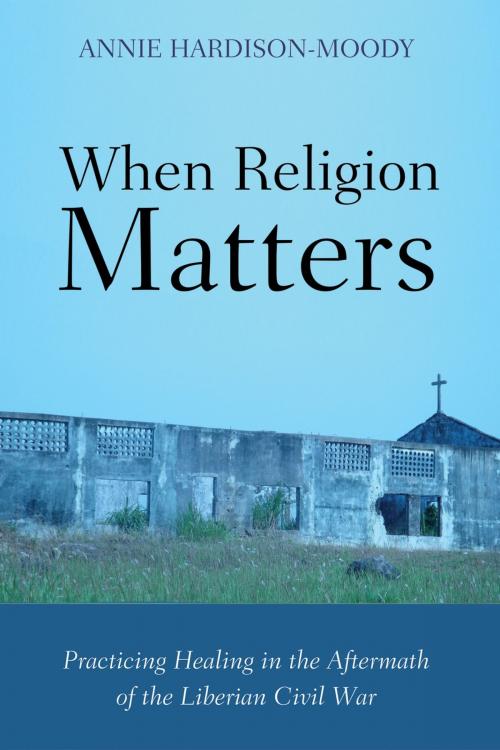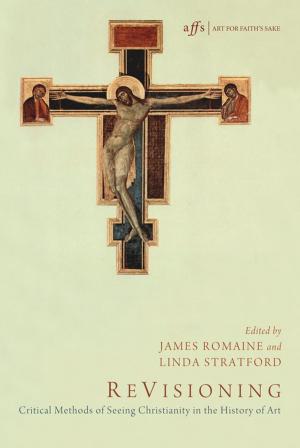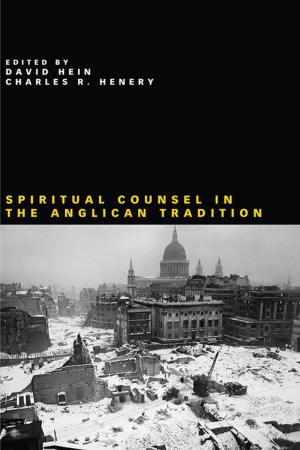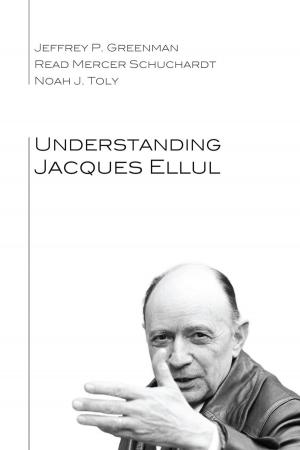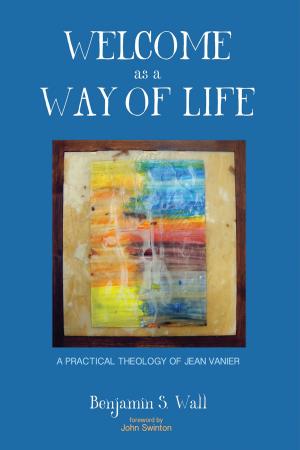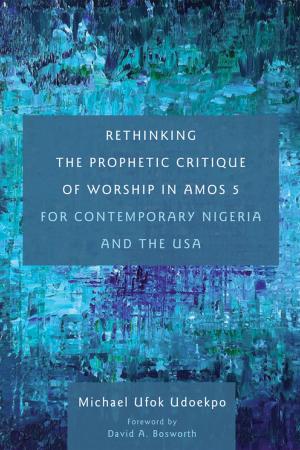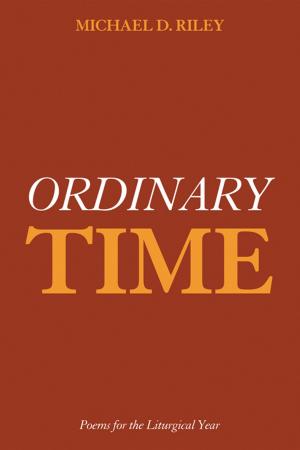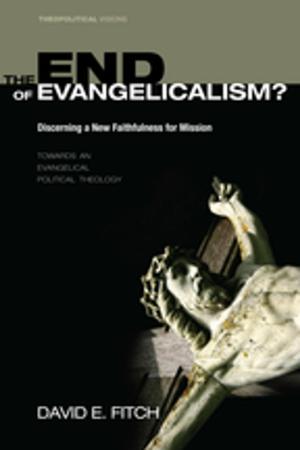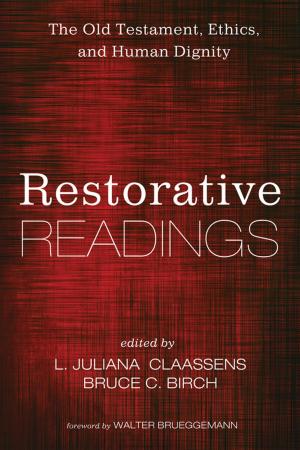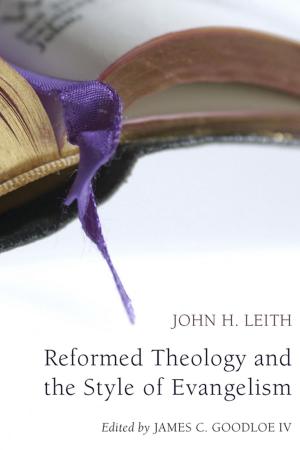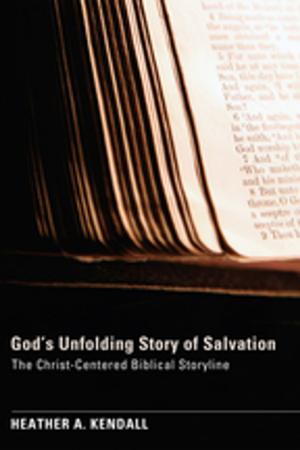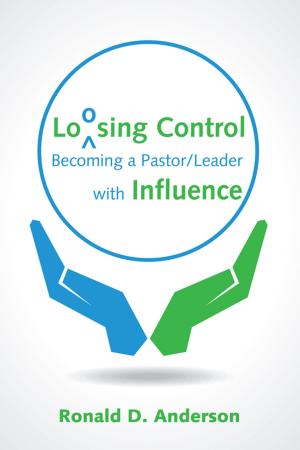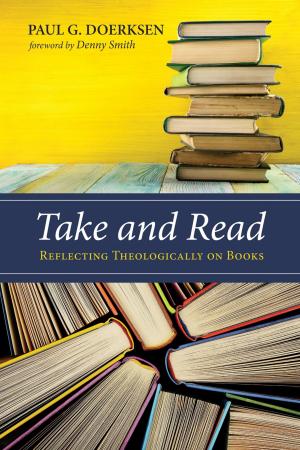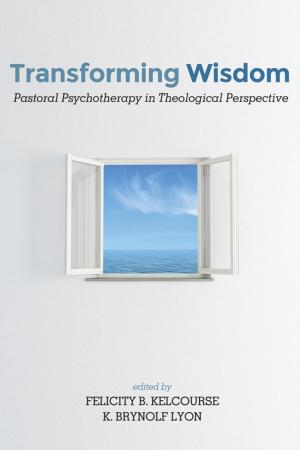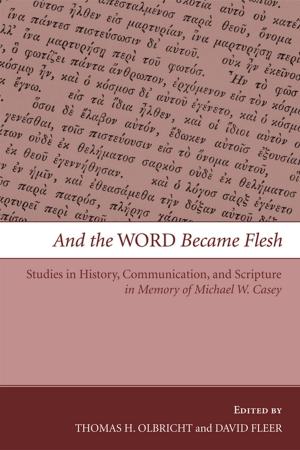When Religion Matters
Practicing Healing in the Aftermath of the Liberian Civil War
Nonfiction, Religion & Spirituality| Author: | Annie Hardison-Moody | ISBN: | 9781532605352 |
| Publisher: | Wipf and Stock Publishers | Publication: | October 10, 2016 |
| Imprint: | Pickwick Publications | Language: | English |
| Author: | Annie Hardison-Moody |
| ISBN: | 9781532605352 |
| Publisher: | Wipf and Stock Publishers |
| Publication: | October 10, 2016 |
| Imprint: | Pickwick Publications |
| Language: | English |
How does starting with women's statements that "God was there" in the moment of wartime violence shift the ways we think about religion, conflict, and healing? Religion and health scholar Annie Hardison-Moody examines this interdisciplinary question through several lenses--postconflict feminist theory, practical theology, and feminist and womanist theory and theology. Drawing on participatory fieldwork with a Liberian community in North Carolina, Hardison-Moody argues that religion matters for many survivors of violence, and that this fact must be taken into account in international conversations about women, violence, and healing. Consequently, she looks beyond the institutional forms of religion, instead studying the ways women live and profess healing and transformation as a part of their everyday lives. This, she argues, is the crucial task for postconflict transformation work. Understanding these "everyday" ways women experience and heal from violence is central to advancing our conceptions of healing and peace as they exist in a world rife with conflict. Scholars, activists, and caregivers will be able to draw on this resource as they attempt to understand and practice healing and transformation with those who have experienced violence and trauma.
How does starting with women's statements that "God was there" in the moment of wartime violence shift the ways we think about religion, conflict, and healing? Religion and health scholar Annie Hardison-Moody examines this interdisciplinary question through several lenses--postconflict feminist theory, practical theology, and feminist and womanist theory and theology. Drawing on participatory fieldwork with a Liberian community in North Carolina, Hardison-Moody argues that religion matters for many survivors of violence, and that this fact must be taken into account in international conversations about women, violence, and healing. Consequently, she looks beyond the institutional forms of religion, instead studying the ways women live and profess healing and transformation as a part of their everyday lives. This, she argues, is the crucial task for postconflict transformation work. Understanding these "everyday" ways women experience and heal from violence is central to advancing our conceptions of healing and peace as they exist in a world rife with conflict. Scholars, activists, and caregivers will be able to draw on this resource as they attempt to understand and practice healing and transformation with those who have experienced violence and trauma.
